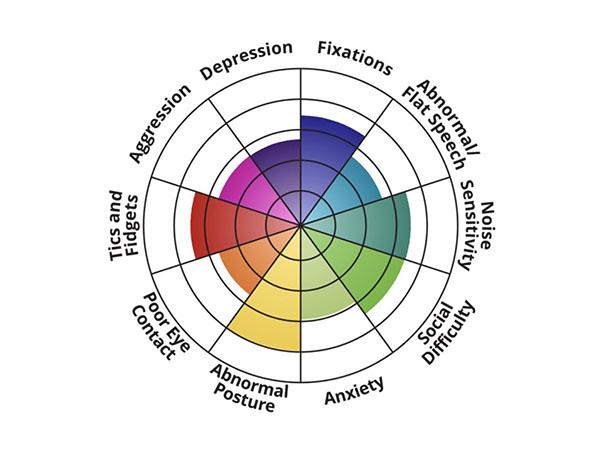Empowerment Blog
The road to independence starts here
Featured Article

Celebrating Autism Acceptance Month
April is Autism Acceptance Month, and we’re celebrating! We’re highlighting some of the amazing people with autism that we support while also promoting a more inclusive, accepting, and understanding society.
Subscribe
All Posts
Load More








